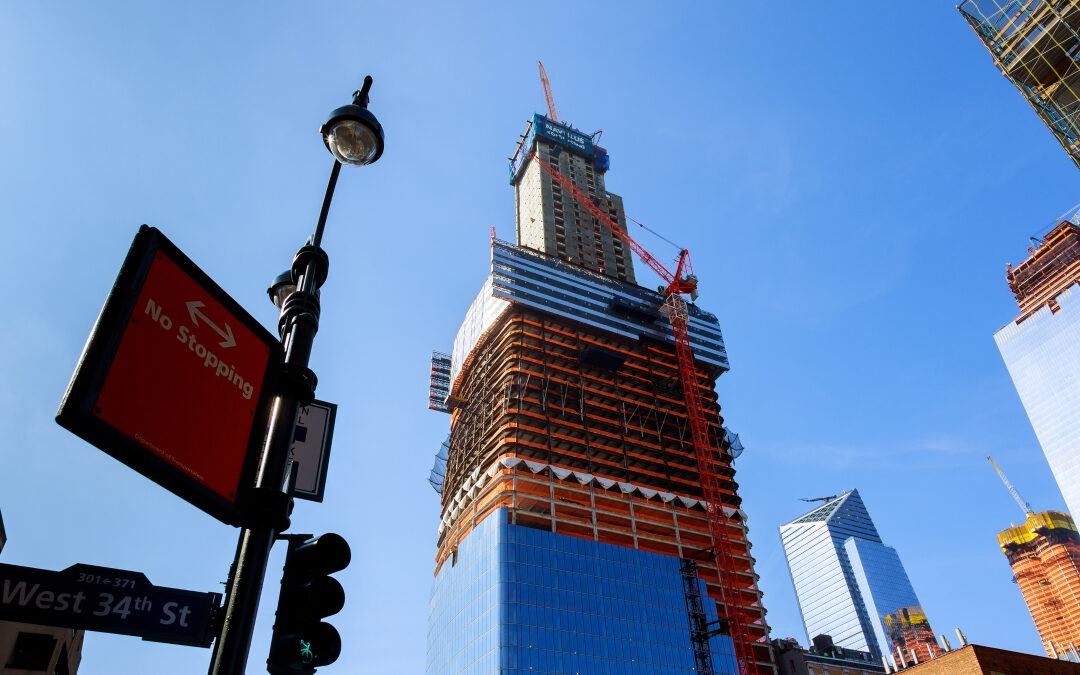There are several reports of U.S. construction companies that believe domestic project interruptions will occur because of the industries’ reliance on supplies from China. Hong Kong’s construction industry had laid off 50,000 workers and reduced hours of another 80,000 as of February 24.[i] A Reuters February 18, 2020 article reported that Singapore construction firms are already seeking advice for the option of invoking force majeure clauses[ii] in building contracts because of government rejection or quarantining of Chinese labor.[iii] While a few Chinese companies have already invoked force majeure on contracts because of the virus, including top China National Offshore Oil Corp and Jiangsu New Times Shipbuilding Co.[iv] Further, an official from the American Association of Port Authorities, Cary Davis, stated that “cargo volumes at U.S. ports might be down by 20 percent or more on a year-on-year basis compared to 2019” because of the coronavirus.[v] This will create increased demand for construction materials in the U.S.
Everyone can agree that the coronavirus outbreak was unforeseeable. It is understood that unforeseen difficulties do not excuse performance.[vi] Generally, the parties must fulfill the contractual obligations timely unless performance is rendered impossible by an act of God, the law, or some other party. Most contractors’ agreements contain excusable delay clauses in the contracts, including force majeure clause. That said, the written agreements will dictate the party who bears the risk and loss for resulting construction delays.
The American Institute of Architects (AIA) standard form A201-2017 General Condition for the Contract of Construction at § 8.3.1 states that “labor disputes, fire, unusual delay in deliveries, unavoidable casualties or, adverse weather conditions. . . or other causes beyond the contractor’s control. . . may, justify delay, then the contract time shall be extended by Change Order for such reasonable time.”[vii] Further, the Engineer’s Joint Contract Documents Committee (EJCDC) C–700 General Conditions for construction contracts at 4.05 includes “severe and unavoidable natural catastrophes such as fires, floods, epidemics, and earthquakes; abnormal weather conditions. . . and acts of war or terrorism” (emphasis added).[viii]
Under both of the above versions, we can expect it that the contractor would likely get an extension of time. But these clauses are often revised to transfer the risk of the unknown to the contractor. It would be wise to review force majeure clauses in your contracts for current projects to determine the rights and remedies of the parties. It would also be wise to consider the coronavirus in negotiations and drafting of contracts for future construction projects.
Yoars Law has decades of experience with construction contracts and litigation in New York. We focus on being proactive business and legal advisors for our clients, guiding them through the complex legal and regulatory environments in which they must operate, and being zealot advocates when needed. We also provide transparent and predictable legal fees so our clients can manage their budgets effectively in an industry where controlling costs is one keystone in the success of a project.
[i] Cheng, Lilian, “Hong Kong’s construction industry grinds to halt,” South China Morning Post, 2/24/2020, found here.
[ii] “Clause in an agreement that excuses performance in the event that a force majeure makes the performance impracticable or impossible.” Merriam-Webster.com Legal Dictionary, Merriam-Webster, https://www.merriam-webster.com/legal/force%20majeure%20clause. Accessed 9 Mar. 2020.
[iii] Aravindan & Jaganathan, “Singapore builders seek force majeure advice as coronavirus causes labor crunch,” Reuters Business News, 2/18/2020, found here.
[iv] Id.
[v] See “Virus Disrupts China’s Shipping, and World Ports Feel the Impact.” New York Times, 2/27/20, found here.
[vi] See, Dermott v. Jones, 69 U.S. 1 (1864).

